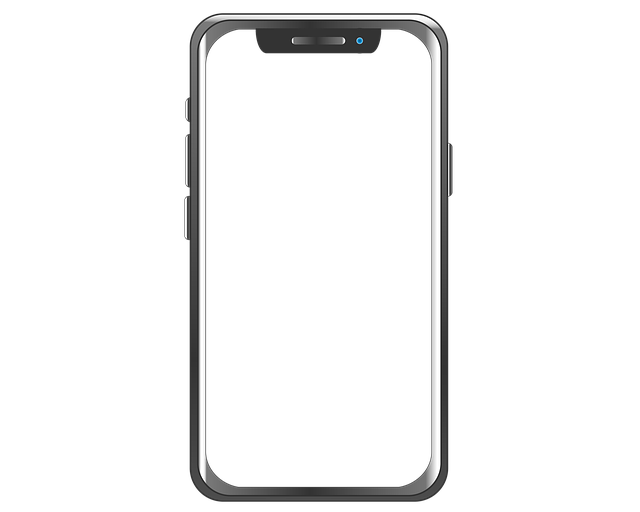In South Carolina, residents benefit from strong consumer protection laws, particularly in debt collection, as outlined by the Consumer Protection Code. This code equips individuals with rights and dispute resolution options for inaccurate debt information. Debt collectors must adhere to strict regulations, avoiding harassment and false representations, or face legal action from consumers aided by a qualified debt collector Attorney SC. Consumers are entitled to fair treatment, including debt verification within 30 days, and can seek legal guidance to combat unfair practices, with attorneys specializing in these complexities.
In South Carolina, consumers are protected by a robust Consumer Protection Code that governs various aspects of their interactions with businesses and debt collectors. Understanding these laws is crucial for both debtors and creditors alike. This article delves into the intricacies of South Carolina’s consumer protection laws, focusing on debt collection practices. We explore the rights of consumers, the responsibilities of debt collectors, and the legal recourse available for violations, empowering individuals to navigate these scenarios effectively with the guidance of a debt collector attorney in SC.
Understanding South Carolina's Consumer Protection Laws

In South Carolina, consumer protection laws are in place to safeguard residents from unfair or deceptive practices in various transactions. The state’s Consumer Protection Code outlines rights and remedies for consumers, covering areas such as advertising, sales, and debt collection. Understanding these laws is crucial, especially when dealing with debt collectors. A debt collector Attorney SC can guide you through the intricacies of these regulations to ensure your rights are protected.
South Carolina’s approach to consumer protection aims to maintain a fair market by holding businesses accountable for their actions. This includes rules regarding the collection of debts, prohibiting harassment or misleading tactics by collectors. Consumers have the right to dispute inaccurate information and request verification of debt claims. Knowing these protections empowers individuals to take action if they believe their rights have been violated, with the assistance of a qualified debt collector Attorney SC.
The Role of Debt Collectors Under SC Law

In South Carolina, the role of debt collectors is strictly regulated by the Consumer Protection Code to protect consumers from abusive or unfair practices. Debt collectors must adhere to specific rules and guidelines when attempting to recover debts, ensuring that their methods are ethical and legal. Under SC law, a debt collector cannot employ harassment tactics such as frequent phone calls, threats, or false representations about the debt amount. They are also prohibited from contacting consumers at inappropriate times or places, using obscene language, or misrepresenting themselves.
A debt collector Attorney SC can play a vital role in ensuring these regulations are followed. Consumers who believe they have been subjected to unfair or abusive collection practices can seek legal advice and take appropriate action. The Consumer Protection Code provides avenues for consumers to file complaints against debt collectors, seeking damages and injunctive relief if violations are proven. This not only protects consumers but also promotes fair and transparent debt collection practices in South Carolina.
Rights of Consumers in Debt Collection Scenarios

In South Carolina, consumers have specific rights and protections when it comes to debt collection practices. According to the South Carolina Consumer Protection Code, debt collectors must adhere to fair and ethical standards in their interactions with debtors. This includes prohibiting abusive, oppressive, or misleading tactics such as harassing phone calls, threats, or false representations about the debt’s status.
Consumers have the right to verify the validity of a debt and to request validation from the debt collector. They are also entitled to dispute the debt within 30 days of receiving notice, which can halt collection efforts until the dispute is resolved. Consulting with a debt collector attorney in SC can help consumers understand their rights, navigate complex legalities, and ensure that their interests are protected throughout the process.
Legal Recourse for Violations of the Consumer Protection Code

In South Carolina, consumers have legal recourse if they believe their rights under the Consumer Protection Code have been violated. If you’ve encountered unfair or deceptive practices in purchasing goods or services, consulting a debt collector attorney SC can be beneficial. These professionals are equipped to help you navigate the complexities of the law and pursue appropriate actions against offending businesses or individuals.
A debt collector attorney SC will assess your case based on the specific violations of the Consumer Protection Code. This may include false advertising, hidden fees, unfair collection practices, or misrepresentations about products or services. Depending on the situation, they could assist in negotiating settlements, filing lawsuits, or advocating for administrative remedies to ensure justice and compensation for affected consumers.






